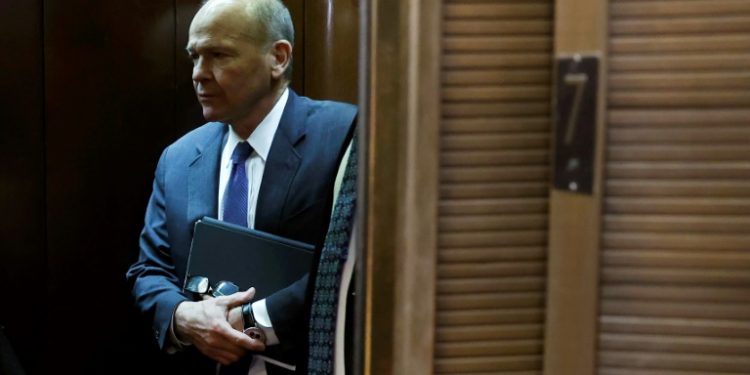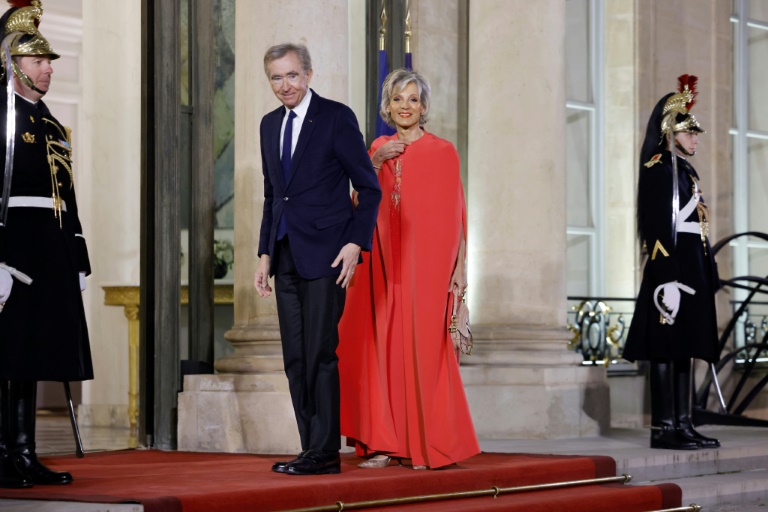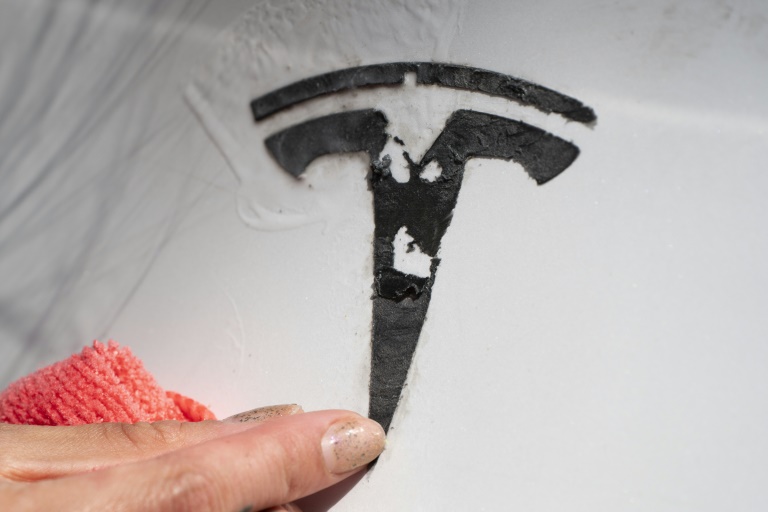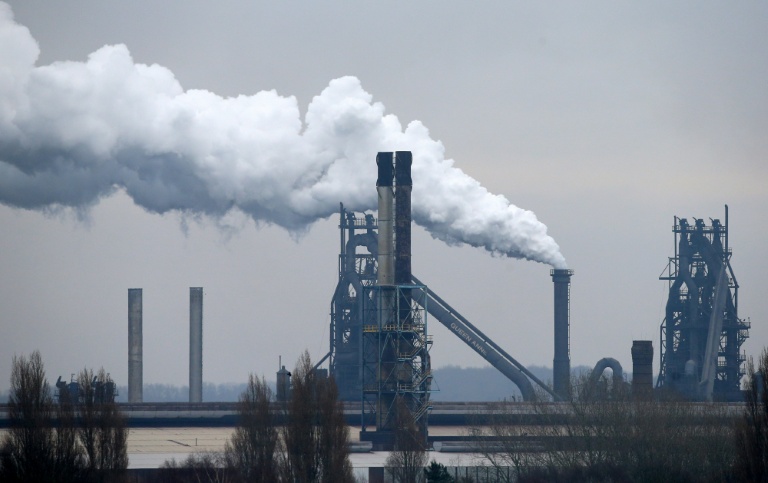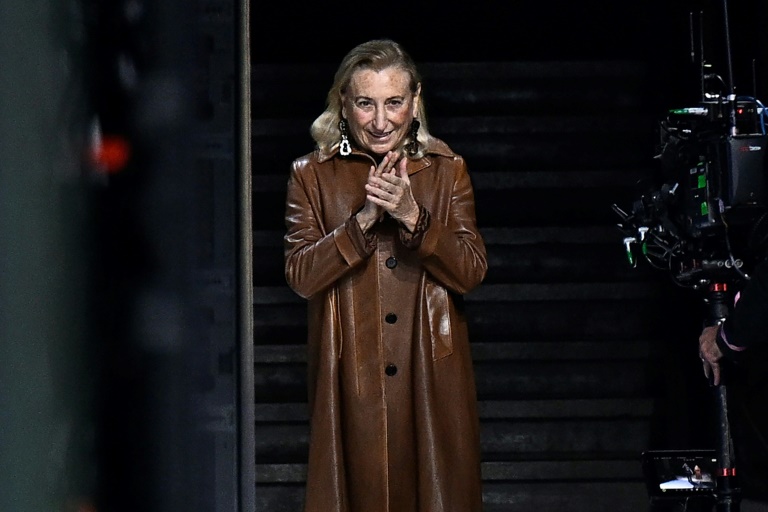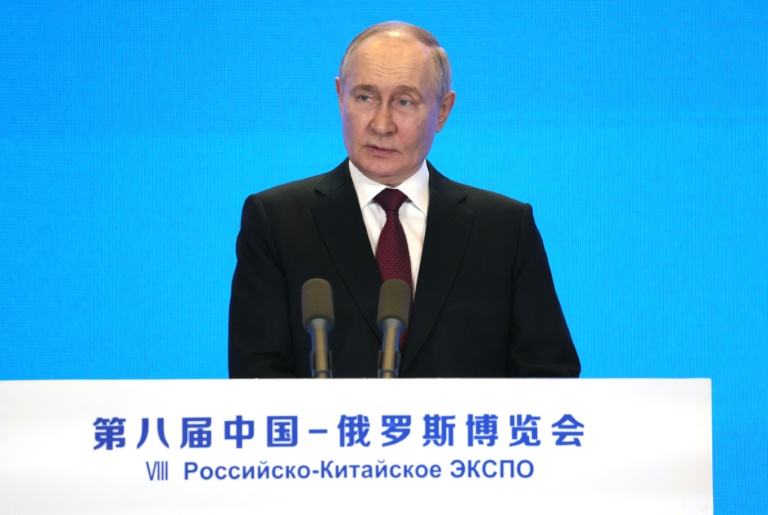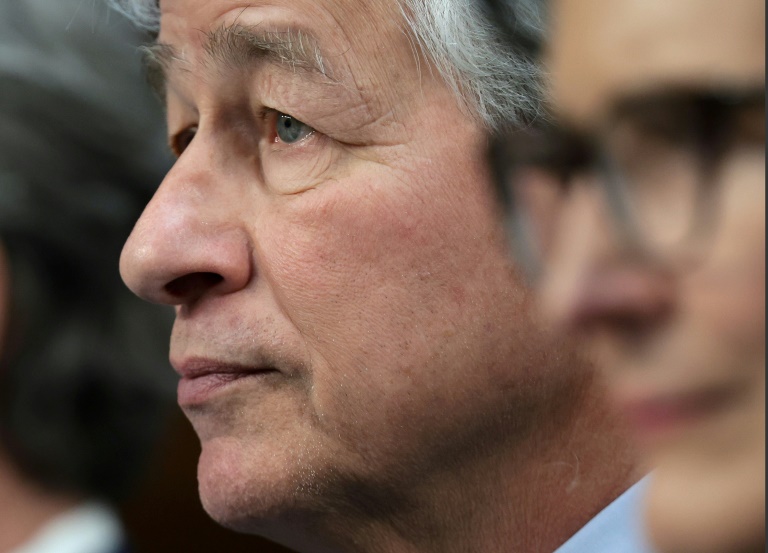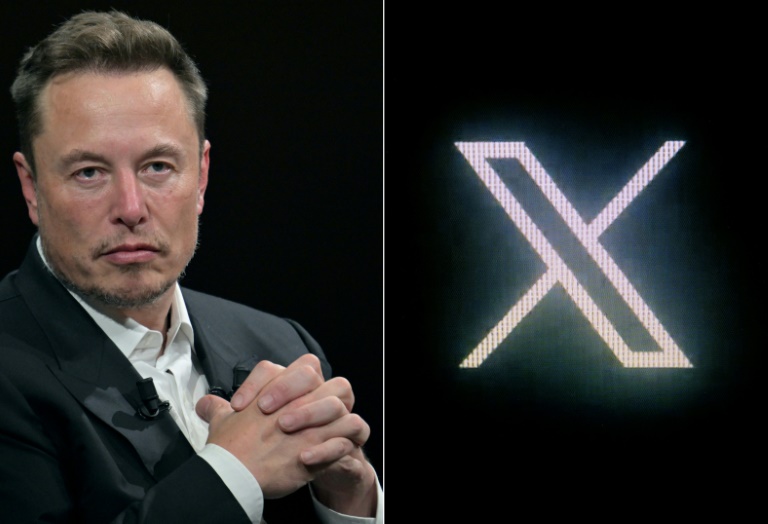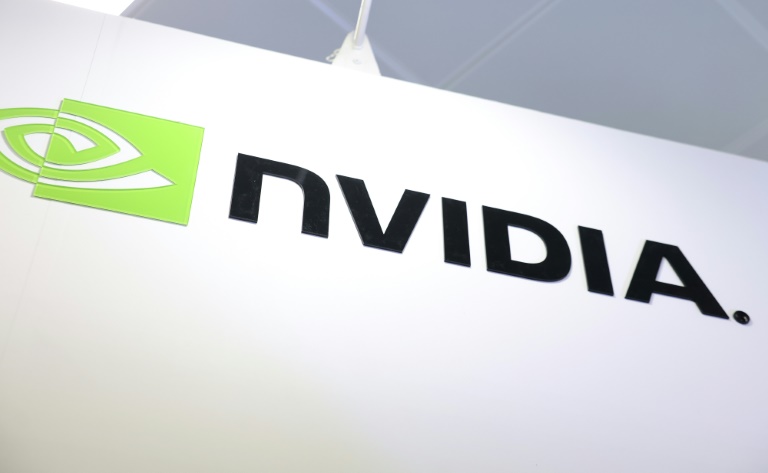New York (AFP) – Crisis-ridden Boeing faces a potentially turbulent annual shareholders meeting Friday, with investors voting on whether outgoing CEO Dave Calhoun should be pushed off the board and keep a planned $33 million compensation package.
The company, under heavy scrutiny following recent safety and quality control problems, has defeated shareholder proposals at past annual meetings that have often lasted an hour or less.
But, while Boeing brass may hope for another snooze-fest on Friday, the company faces the threat of a shareholder rebuke following recommendations from shareholder advisory firms that take aim at Calhoun.
Calhoun, who has faced tough questioning in the wake of a near-catastrophic Alaska Airlines flight in January, will step down as CEO at the end of 2024, but has been renominated to the board of directors.
Advisory services firm Glass Lewis wants shareholders to reject Calhoun’s nomination, while Investor Shareholder Services (ISS) has recommended a “no” vote on Calhoun’s compensation package, which came in at about $33 million for 2023.
A recent Boeing presentation highlighted the broadened role of new Chair Steve Mollenkopf, the former head of Qualcomm who will oversee the CEO search.
“We are committed to ensuring every Boeing airplane meets the highest safety and quality standards,” said the Boeing presentation that reiterated support for Calhoun and his pay package.
Boeing emphasized the March 25 leadership shakeup that also included Mollenkopf’s promotion, communicating the idea that Boeing is already responding to investor concerns.
– Sending a message –
But Glass Lewis said shareholders should use the annual meeting to send a message to Boeing.
“We have significant concerns regarding the board’s oversight of the Company’s safety culture and attempts to overhaul it,” said a report that urged investors to vote against the reelection of Calhoun, and Akhil Johri and David Joyce, who chair the audit and aerospace safety committees respectively.
ISS meanwhile urged a no vote on Calhoun’s executive pay package.
Under the plan, Calhoun received a base salary of $1.4 million, plus more than $30 million coming in stock awards.
Calhoun declined a potential $2.8 million bonus in light of the Alaska Airlines accident, the company said in a securities filing.
In setting Calhoun’s package, Boeing alluded to earlier crises he navigated as CEO, including winning regulatory approval to return the 737 MAX to the skies after two fatal crashes and the upheaval of the Covid-19 pandemic.
“While the Alaska Airlines Flight 1282 accident shows that Boeing has much work yet to do, the Board believes that Mr. Calhoun has responded to this event in the right way,” Boeing said in the filing.
But ISS said the executive pay package should be rejected because it included an increase in Calhoun’s potential long-term incentive award for the third consecutive year.
Boeing said the boost was “designed to focus our leadership team at a pivotal moment in our Company’s recovery,” including enabling Boeing to meet its long-term financial targets.
ISS dismissed the argument as “not particularly compelling…especially given two other recent increases since Calhoun became CEO in 2020.”
Boeing has also come out against a number of shareholder proposals that seek to pressure the company on climate change, its China business and other issues.
In pushing to require Boeing to report on the impact of hiring policies prioritizing diversity, equity and inclusion (DEI), the National Center for Public Policy Research, a critic of such policies, said Boeing is “tethering itself to DEI benchmarks instead of prioritizing performance and safety.”
Boeing argued against the proposal, saying in a securities filing that its policies aim to “hire, promote and retain the best talent” to boost the business.
© 2024 AFP

